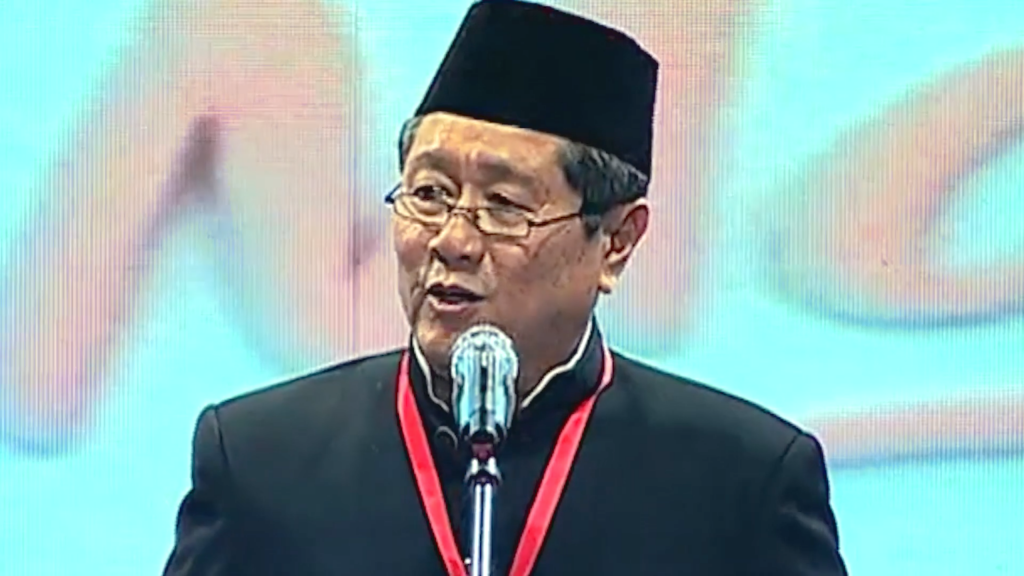Y.W. Junardy is recipient of the 2016 Global Business & Interfaith Peace Award.
Yaya Winarno Junardy likes to tell the story about how he was just a boy from a small village in East Java, Indonesia, when he arrived in Jakarta in the 1960s. Pretty soon, he had four jobs — as a street cigarette seller, a high school biology teacher, a university student and a casino worker. He worked seven days a week.
The experience taught a lesson he still applies in his business and philanthropy today.
“I found myself in four different environments with four different kinds of customers in four different subjects,” he told a group of National University of Singapore students in 2012. “It taught me how, as an individual, to adapt to different situations. I learned that in my life and in my work I have to adapt.”
Adapt he did, taking on a fifth job — an operator for IBM — before he had the university degree the company required. He spent 25 years with IBM in a variety of executive positions in cities around the world. He has also held high posts with Bank Universal, ExcelCom and several other Asia-based telecommunications corporations. He is one of the most prominent businessmen in Jakarta.
Junardy learned how to adapt to people of different faiths and cultures from his grandfather, an ethnic Chinese who ran the family’s copra business among Muslim, Christian and Buddhist customers and contractors. He has said he believes this early exposure to people of different faiths and cultures taught him to relate to and respect others.
As president commissioner of Rajawali Corp., he has more time to pursue what he calls his “second chapter” — improving conditions for the working and lower-income classes of Indonesia. His purpose now is “to give back to society by teaching young people, working with the underprivileged, and giving joy to others,” he told the publication HQAsia in 2012.
That ability to adapt has served Junardy, who is 72, well in his philanthropic endeavors. He is president of the Indonesia Global Compact Network — part of the United Nations Global Compact that encourages businesses to commit to universally accepted principles in human rights, labor, the environment and anti-corruption values.
Since 2011, Junardy has led a consortium of Indonesian businesses in hosting mass weddings for low-income Indonesian couples of multiple faiths who cannot afford the fees — 60,000 Indonesian Rupiahs or about five U.S. dollars — required for a legal marriage.
Without an officially recognized marriage, Indonesian couples cannot obtain identity cards, access health care or obtain birth certificates for their children. Junardy estimates 36 percent of Indonesian households lack these documents, stigmatizing their children — and affecting their education, health and, ultimately, their jobs.
For Junardy, providing poor children with legal status is a fulfillment of their basic human rights. “They are like nobodies in their own country,” he said earlier this year in a speech at the Gobal Child Forum. “They are left behind.”
In 2012, as he was preparing to spend more time on philanthropy, Junardy offered advice for would-be Indonesian business leaders “Take advantage of opportunities and learn from experiences,” he told HQAsia. “You learn best in times of adversity. Get exposed to cross-cultural experiences early in life and learn to relate to others who are different from you. Most importantly, always try to understand the context of the problem before jumping to solutions.”

